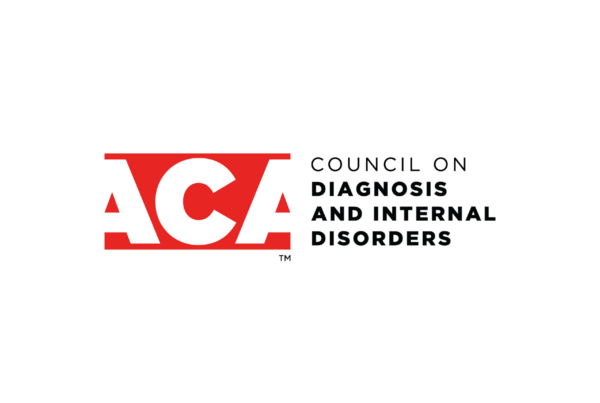As a patient, have you ever been to multiple doctors that either don’t have answers for you or brush you off as having symptoms that reside within your own imagination?
You know something is not right, so why aren’t they looking into it?
Then you suddenly have an appointment with a doctor who listens to your entire history and suggests all the underlying possibilities that are causing your disease.
For some, this serves as the breakthrough moment where great changes begin, and it’s simply the difference of focusing on the biological dysfunction that is preceding the pathology.
Functional Medicine is a biology systems-based, patient-centered approach to healthcare. Each patient has a narrative, a story of how they became unwell.
Some stories begin preconception, while others begin within the year. These antecedents and precedents help the functional medicine practitioner investigate the root cause of the disease.
An extensive history and intake are necessary to determine triggering events and identify modifiable lifestyle behaviors. The physical exam will review any organ systems affected by the condition.
Lab testing is often used to determine a patient’s biochemical individuality, unique microbiota, or to discover genetic predispositions.
A comprehensive treatment plan will include the use of food as medicine, removal of triggers, and a therapeutic plan to address the underlying imbalances in dynamic interconnected biological networks.
Conventional medicine is designed to react acutely according to symptoms, which is quite helpful in acute distress. This is perhaps not as helpful for chronic conditions.
There are many reasons to be grateful for modern medicine; however, pairing up the appropriate therapy for the condition is essential to sustainable and affordable healthcare. It is estimated that chronic disease contributes to ninety percent of the nation’s annual health care expenses.
Whole system management focuses on reversing the chronic disease instead of just managing and masking symptoms as the disease state further manifests.
A study published October 2019, in the Journal of the American Medical Association, “Association of the Functional Medicine Model of Care with Patient-Reported Health-Related Quality-of-Life Outcomes,” demonstrated patient’s health-related quality of life greatly increased after six months under the functional medicine model.
Dr. Jeffery Bland coined the term Functional Medicine in 1991 after contesting years of the common practice of categorizing many functional conditions as psychosomatic and related to hypochondriasis. Such conditions include but are not limited to irritable bowel disorder, chronic fatigue syndrome, fibromyalgia, chemical sensitivity, PMS, PCOS, dyspepsia, chronic pain, autoimmune syndrome, and even depression. Syndromes tend to be a group of symptoms that are never given a true pathology.
One condition can have many causes. In functional medicine, all of the above diagnosis would be the beginning of an investigation and an individualized therapeutic plan, not the end with a prescription.
Professions such as chiropractic medicine, naturopathic medicine, and Oriental medicine have pioneered a patient-centered, natural-care model since their origins.
The principles of these trades are now mainstream and research-based. Functional medicine is an inter-professional model that all doctorate-level trades can utilize and collaborate together.
New technologies have emerged revealing valuable predictive biomarkers, figures in labs that can forecast some future diseases a decade prior to symptoms. This is especially valuable in the field of cardiovascular and cognitive decline.
Health is not merely the absence of disease but the optimization of wellness and ability for one to reach their maximum potential.
To start optimizing your wellness, contact The Functional Wellness Clinic by visiting our patient application page or call 815-246-2822.











Follow Us!